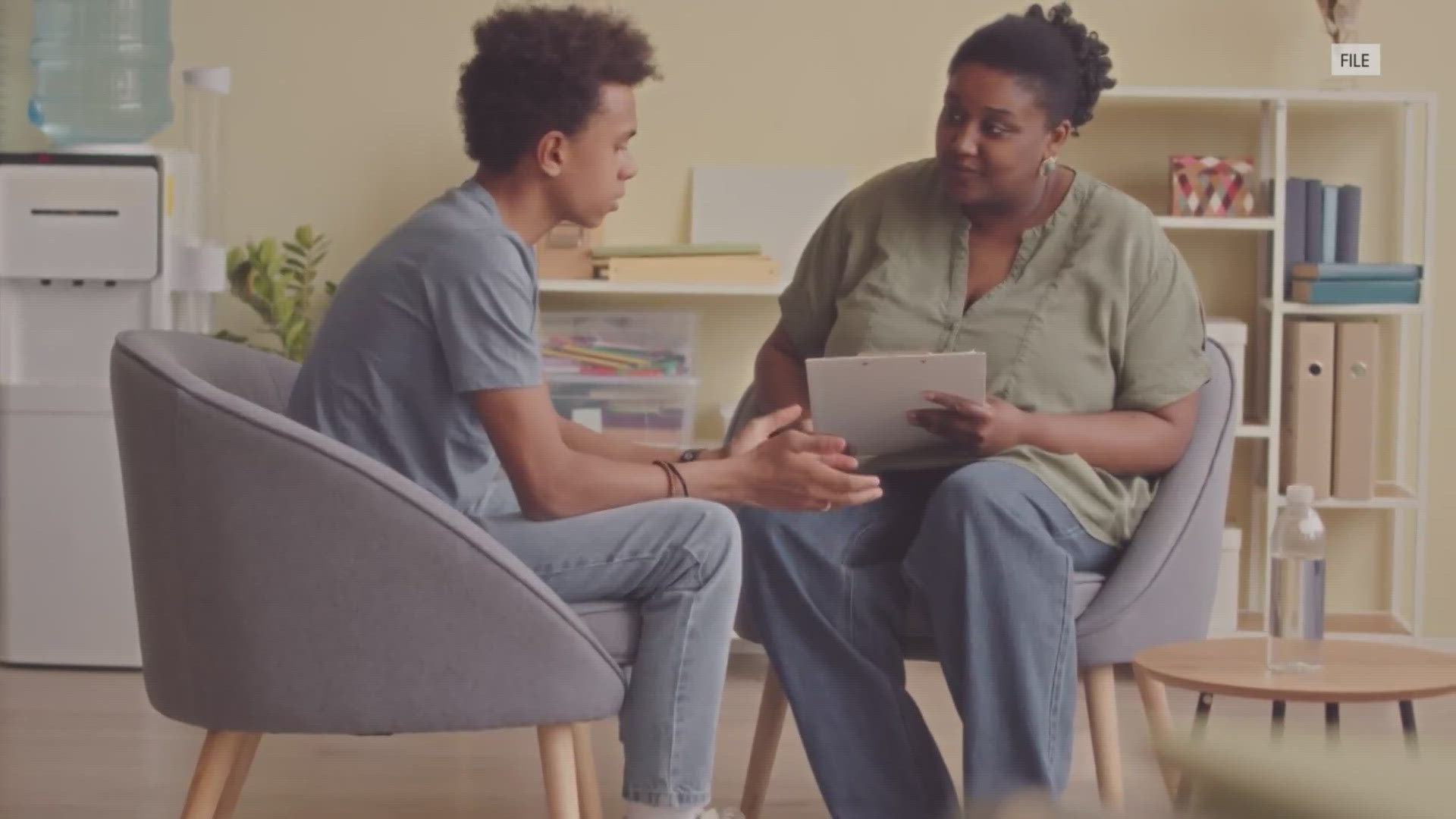SACRAMENTO COUNTY, Calif. — For Eryn Reeder, diversity matters. Reeder grew up in Sacramento and said she wanted to help others at a young age.
"I wanted to be a pediatrician," said Reeder.
Reeder turned to education for success. She went to Xavier University of Louisiana in New Orleans. It's the only historically Black Catholic university (HBCU) in the U.S.
"Xavier had the top placement of African Americans into medical school," said Reeder. "It was just a really fun and supportive place to be. But I did not end up graduating because of Hurricane Katrina."
Reeder left the HBCU and went to California State University, East Bay in Hayward. There, she said she did not experience the same level of support. Despite challenges, she earned a bachelor's in english and master's in social work.
"It took a lot of additional resources and self advocacy to get the help and support that was needed," said Reeder. "And, it's a different experience when you feel like the institution that you're going to really wants you to be there."
Reeder eventually became a therapist to help fill a need because of the lack of Black representation in the mental health workforce. She opened her own practice called "Strength To Grow" in Sacramento. There, she provides clients of all backgrounds with therapeutic services.
"I hear over and over. It's so hard to find a Black therapist," said Reeder. "It's so hard to find a therapist that's not white."
With the U.S. Supreme Court ending affirmative action in college admissions, Reeder is concerned about the lack of diversity in healthcare, and what it could possibly mean for Black communities and their mental health.
GET MORE RACE & CULTURE FROM ABC10:
►Explore the Race & Culture home page
►Watch Race & Culture videos on YouTube
►Subscribe to the Race and Culture newsletter
"We're still fighting the idea that mental health care is for white people," said Reeder. "And, there's so much stigma that we're trying to overcome, just to get people into the room. Then, when people get into the room, they still feel discriminated against and misunderstood."
The American Psychiatric Association (APA) is concerned too. The APA released a statement, in part, saying "the Supreme Court's decision undermines the ability of colleges, universities, and medical schools to build a workforce of healthcare professionals that can effectively treat the increasingly diverse body of patients they serve."
According to the APA, white people make up the majority of physicians in the U.S., with 63%. Asian Americans account for 20%, Hispanics make up 6%, Black people stand at 5%, and Native Americans represent less than 1%.
Even though affirmative action ended in college admissions, with race not being a factor, Reeder said she's remaining hopeful in diversity for classrooms and healthcare.
"My hope is that there will be institutions and organizations that step up," said Reeder.
We want to hear from you!
The Race and Culture team's mission is to serve our diverse communities through authentic representation, community engagement and equitable reporting.
Accomplishing our goals of inclusive reporting requires hearing from you. Is there a person or place that you want us to highlight? Email us at raceandculture@abc10.com or fill out the form below.
WATCH ALSO:

